Christianity explained in 60 seconds: ideas that changed the world
How an ancient Jewish sect laid the foundations of a global faith
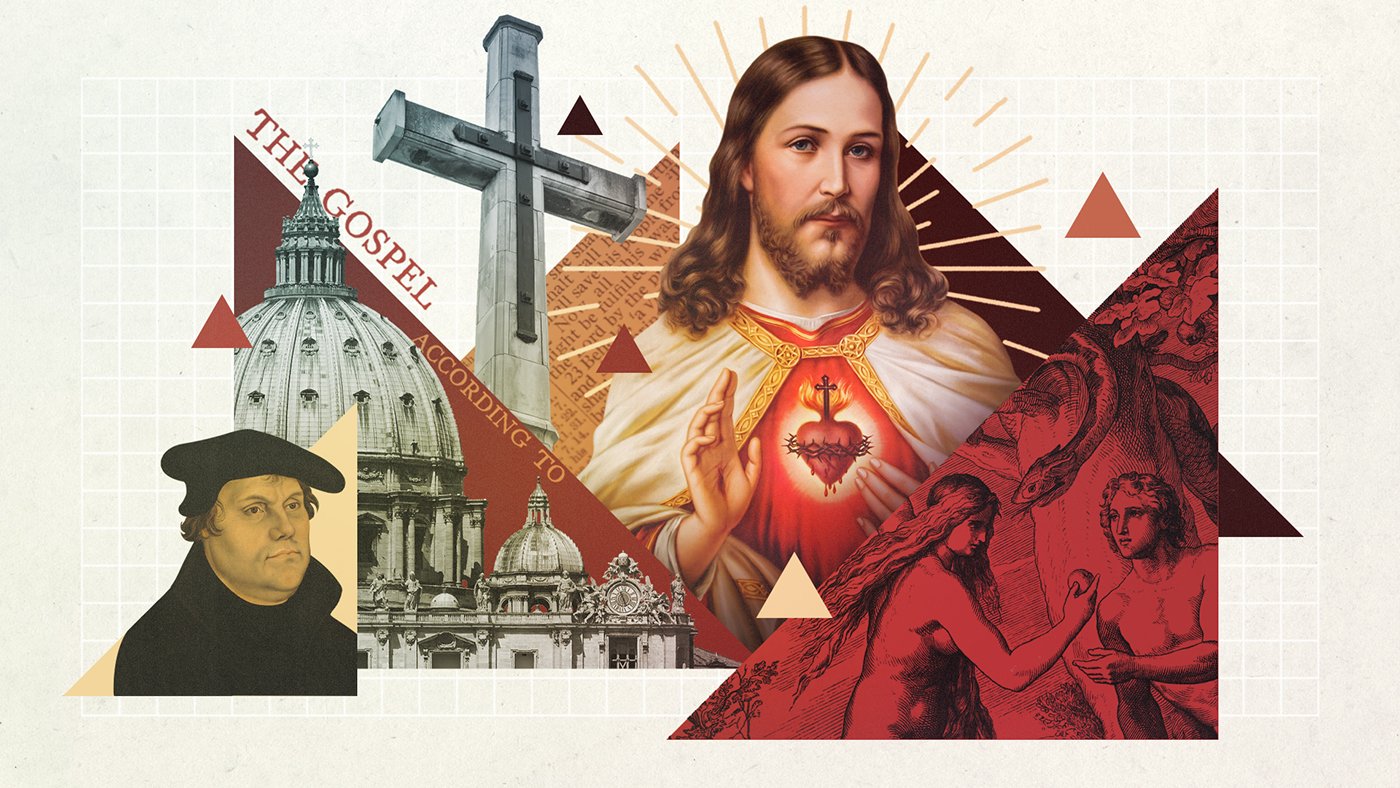
A free daily email with the biggest news stories of the day – and the best features from TheWeek.com
You are now subscribed
Your newsletter sign-up was successful
In this series, The Week looks at the ideas and innovations that permanently changed the way we see the world.
Christianity in 60 seconds
Christianity is based on the beliefs and teachings laid out in the Bible, “regarding the birth, life, death and resurrection of Jesus Christ”, according to History.com.
The first part, the Old Testament, describes the creation of the world and the history of the Israelites. The first five books, which include the 10 Commandments, are the central scripture of Judaism, known as the Torah.
The Week
Escape your echo chamber. Get the facts behind the news, plus analysis from multiple perspectives.

Sign up for The Week's Free Newsletters
From our morning news briefing to a weekly Good News Newsletter, get the best of The Week delivered directly to your inbox.
From our morning news briefing to a weekly Good News Newsletter, get the best of The Week delivered directly to your inbox.
The New Testament recounts the life and teachings of Jesus Christ, who many Christians believe to be the son of God. The first four books, known as the Gospels, tell the story of his birth to the Virgin Mary, his life, and his death by crucifixion.
The latter portion of the New Testament details the efforts of Jesus’s apostles – notably Paul – to spread his message, and ends with an apocalyptic book of prophecy, called Revelation.
Most Christians fall under one of three main Churches: Roman Catholic, Protestant and Eastern Orthodox. These differ in rituals, religious practices and interpretations of the Bible, but share a belief in an all-knowing, all-loving God, who sent Jesus Christ to enlighten and redeem humanity.
How did it develop?
Initially seen as a sect within Judaism, Christianity spread to gentile (non-Jewish) communities after Jesus’s death, emerging as a separate faith.
A free daily email with the biggest news stories of the day – and the best features from TheWeek.com
In the late first century, alarmed by the rise of the new movement, Emperor Nero launched a brutal crackdown, arresting, torturing and executing Christians in Rome. But although life was dangerous for early converts, “the spread of Christianity was made a lot easier by the efficiency of the Roman Empire”, said the US Public Broadcasting Service (PBS).
By AD313, when Constantine became the first Roman emperor to convert to Christianity, the Gospel had already reached imperial provinces in Europe, Asia Minor and North Africa.
The now-Christian Roman Empire collapsed in the fifth century, and Western and Eastern Christians began to drift apart. In 1054, “a complex mix of religious disagreements and political conflicts” gave rise to the so-called Great Schism, said National Geographic. Christianity split into two “major branches”: Roman Catholic in the West, and Orthodox in the East, each with their own liturgy, rituals and leader (the Pope in the West, the Patriarch in the East).
The second major schism in Christian history occurred in the 16th century in northern Europe, when Protestantism emerged “as a reaction to medieval Roman Catholic doctrines and practices”, explained Encyclopaedia Britannica.
The Protestants’ complaints against the Church were summarised in German theologian Martin Luther’s Ninety-five Theses, which he is said to have nailed to the door of All Saints’ Church in Wittenberg in 1517.
A key demand was the recognition of the individual’s personal relationship with God, and a reduced role for priests, rites and rituals, which they saw as getting in the way of true faith.
After a series of European wars in the 1500s and 1600s - a period known as the Reformation - Protestantism spread across Europe and has evolved to include denominations as diverse as Anglicans, Baptists, Methodists, Quakers and Amish.
And as European powers began colonising large swathes of Africa and the New World, they brought Christianity with them. In 2011, the Washington DC-based Pew Research Center estimated that Europeans only accounted for only one in four Christians globally, while the share of the Christian population in sub-Saharan Africa had increased to 63%, and in the Asia-Pacific region to 7%. “Christianity today – unlike a century ago – is truly a global faith,” it said.
Europe’s Christian population is also expected to drop substantially by 2050, as other religious groups grow in numbers “due to a combination of higher fertility, younger populations and net gains via migration and religious switching”, the Center said in 2015.
In the 2021 census, the proportion of people in England and Wales who described themselves as Christian fell below 50% for the first time.
Professor Alec Ryrie, of the University of Durham’s theology and religion department, told the i news site that “there’s every reason to think the fall in 2031 will be even sharper”, as the traditional English identity had been “rapidly softening since the 1960s”. “It may be that Christianity will no longer be a dominant or a default identity, but a religion of outsiders and of the marginalised,” he said.
How did it change the world?
“Many historians regard the spread and adoption of Christianity throughout the world as one of the most successful spiritual missions in human history,” says History.com.
With nearly 2.4 billion adherents, it is the world’s most widely practised religion, has influenced countless leaders and has acted as a major factor in “legitimating social systems and values”, both for good and bad, said Encyclopaedia Britannica.
Throughout history, the Bible has been used to justify racism, misogyny and other forms of prejudice, and at its worst, the Church has actively acted “in collusion with tribalistic nationalisms (e.g., the ‘German Christians” and Nazism’)”, the encyclopaedia notes.
However, “when the Christian community has held to its teachings.. it has opposed such social systems and values.”
“In a sense, the impact of religion outside the faith has been more significant than the spreading of the faith itself,” British broadcaster and peer Melvyn Bragg told The Daily Telegraph in 2011. He argued that the King James Bible was “crucial” in bringing about everything from Western democracy to the civil rights movement.
For many commentators, the impact of the religion is best summed up by US theologian H. Richard Niebuhr in his 1951 book, “Christ and Culture”: “The many-sided debate about the relations of Christianity and civilisation… is as confused as it is many-sided.”
Rebecca Messina is the deputy editor of The Week's UK digital team. She first joined The Week in 2015 as an editorial assistant, later becoming a staff writer and then deputy news editor, and was also a founding panellist on "The Week Unwrapped" podcast. In 2019, she became digital editor on lifestyle magazines in Bristol, in which role she oversaw the launch of interiors website YourHomeStyle.uk, before returning to The Week in 2024.
-
 Political cartoons for February 16
Political cartoons for February 16Cartoons Monday’s political cartoons include President's Day, a valentine from the Epstein files, and more
-
 Regent Hong Kong: a tranquil haven with a prime waterfront spot
Regent Hong Kong: a tranquil haven with a prime waterfront spotThe Week Recommends The trendy hotel recently underwent an extensive two-year revamp
-
 The problem with diagnosing profound autism
The problem with diagnosing profound autismThe Explainer Experts are reconsidering the idea of autism as a spectrum, which could impact diagnoses and policy making for the condition
-
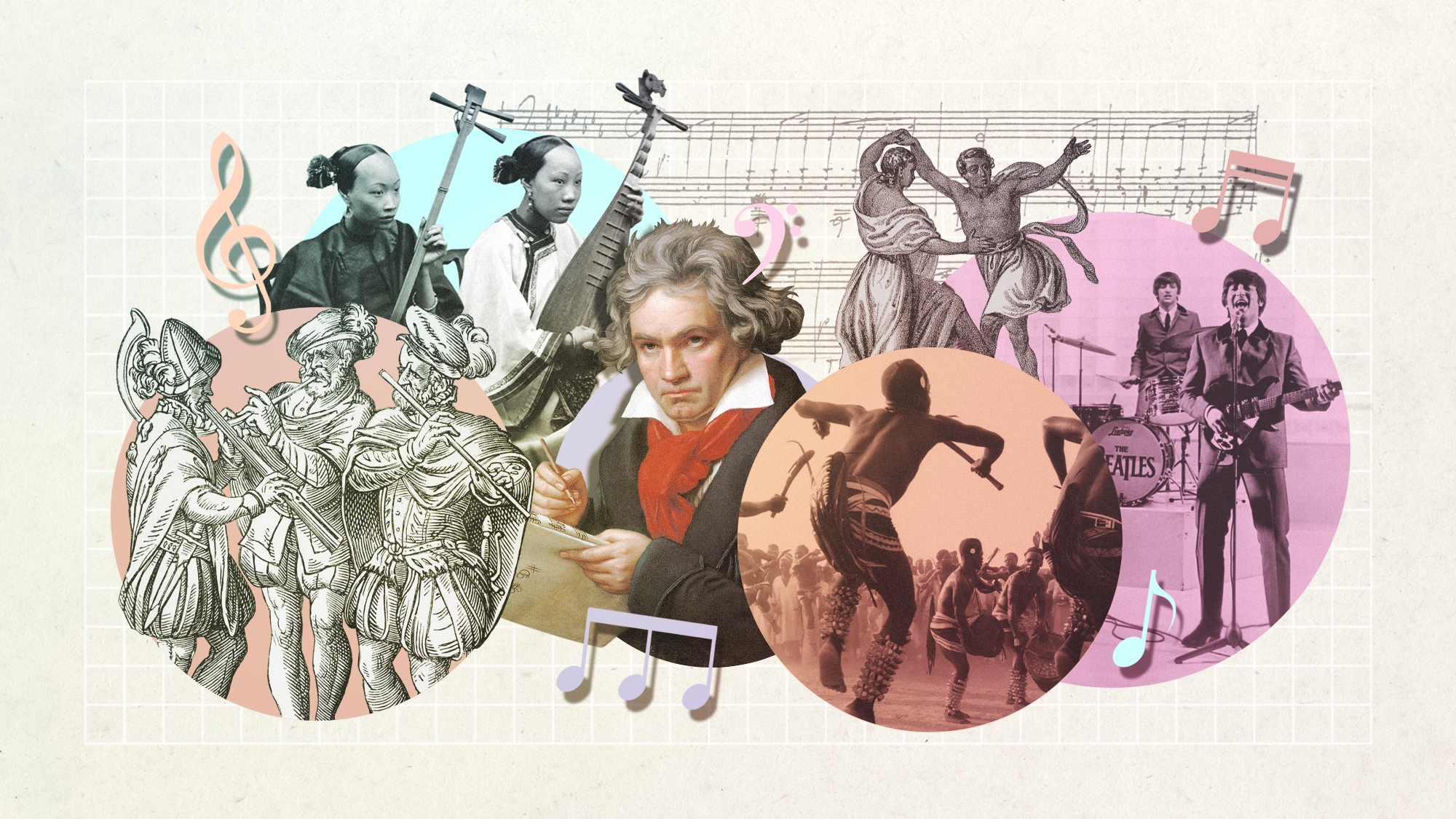 Music explained in 60 seconds: ideas that changed the world
Music explained in 60 seconds: ideas that changed the worldIn Depth This emotive but hard-to-define art form has played a pivotal role in human evolution
-
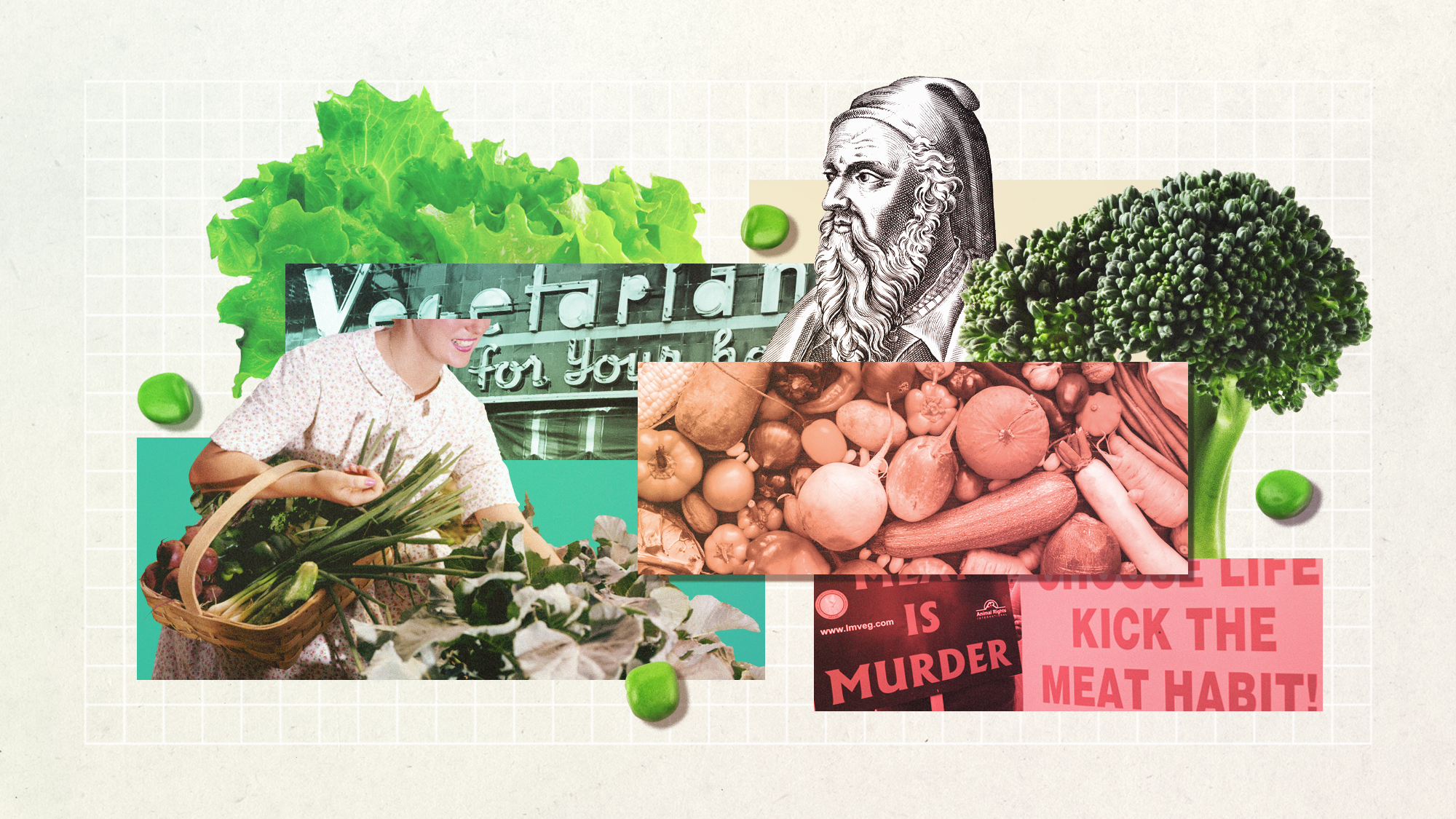 Vegetarianism explained in 60 seconds: ideas that changed the world
Vegetarianism explained in 60 seconds: ideas that changed the worldIn Depth How meat-free diets went from religious abstention to global sustainability trend
-
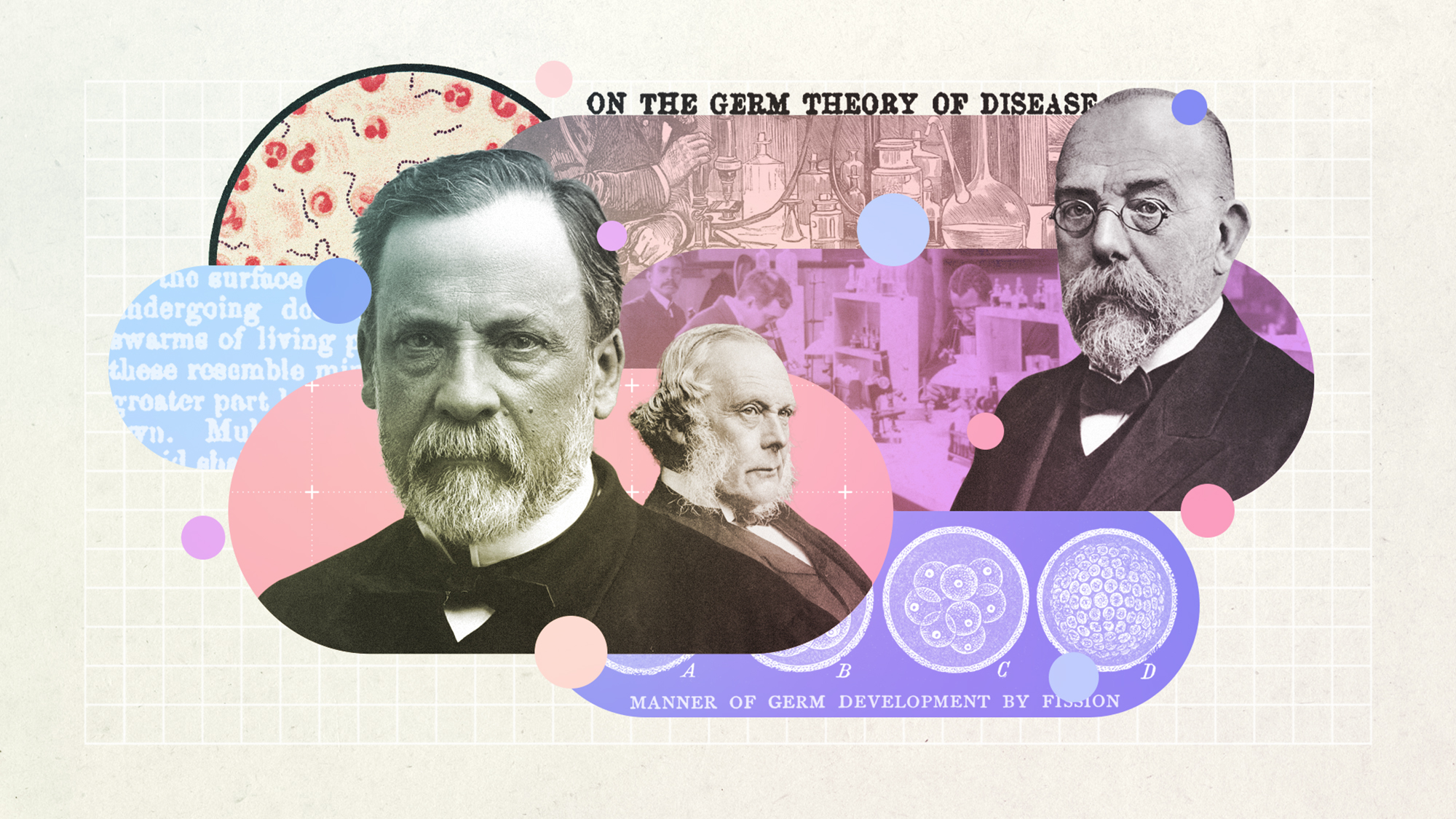 Germ theory in 60 seconds: ideas that changed the world
Germ theory in 60 seconds: ideas that changed the worldIn Depth How a new understanding of bacteria revolutionised medicine
-
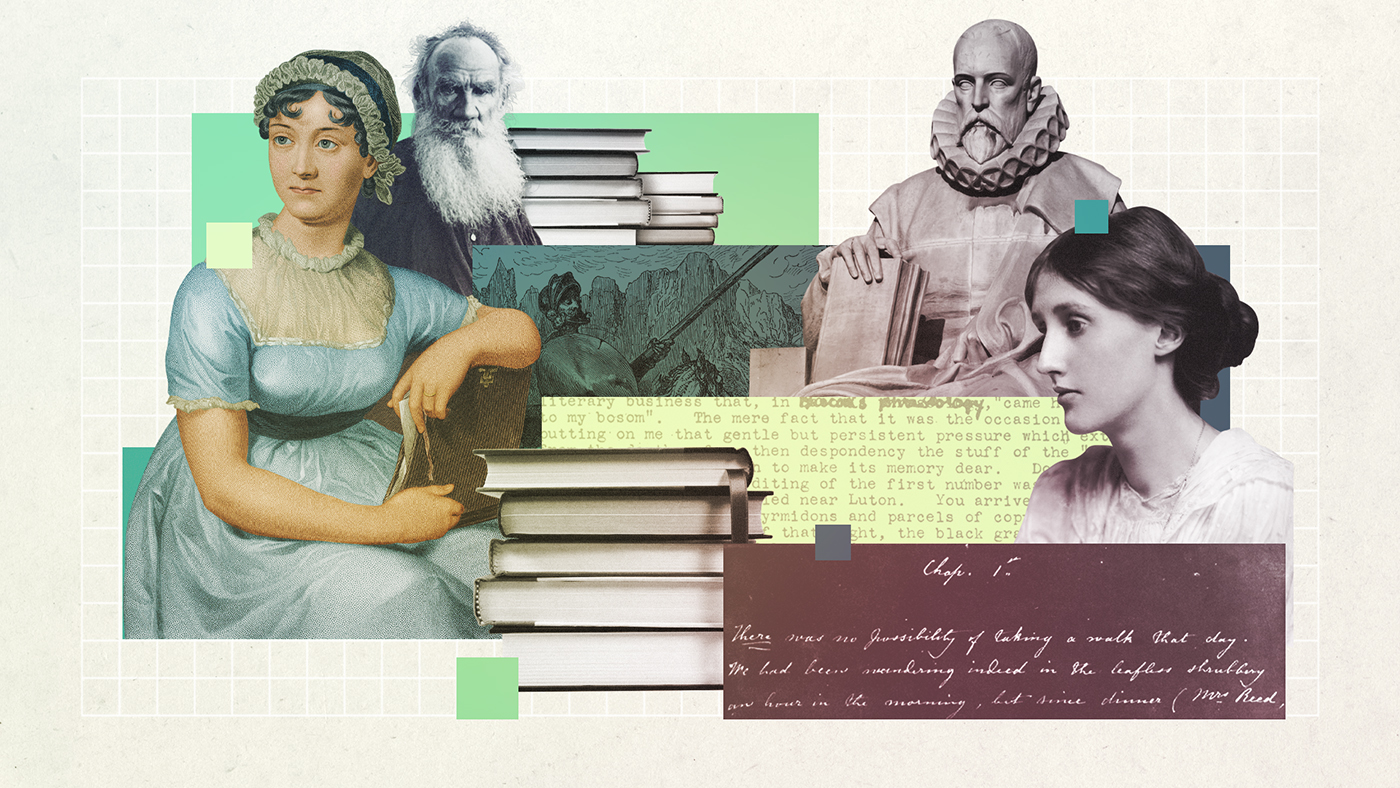 The novel explained in 60 seconds: ideas that changed the world
The novel explained in 60 seconds: ideas that changed the worldIn Depth How a new way of portraying existence transformed literature
-
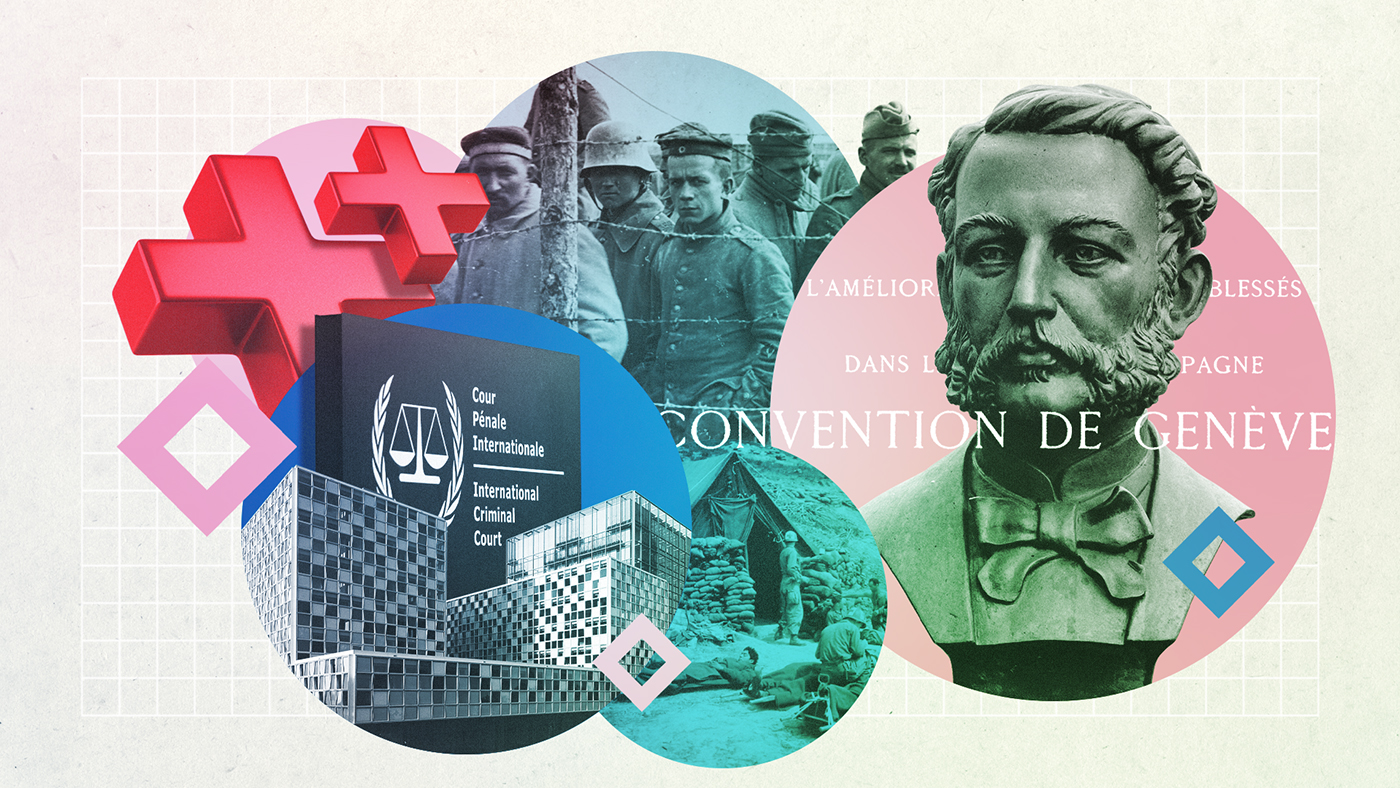 The Geneva Conventions explained in 60 seconds: ideas that changed the world
The Geneva Conventions explained in 60 seconds: ideas that changed the worldIn Depth How the international community brought humanity to warfare
-
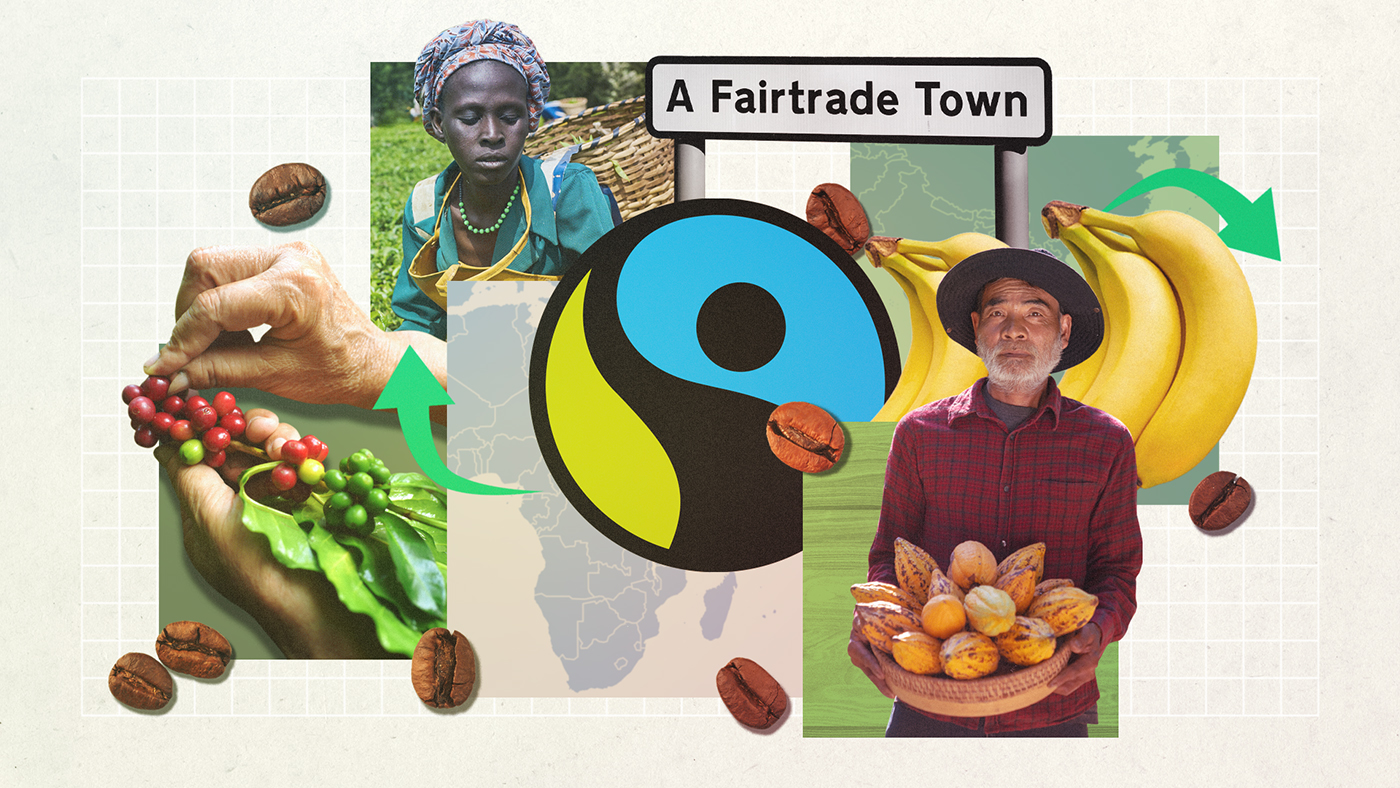 Fairtrade explained in 60 seconds: ideas that changed the world
Fairtrade explained in 60 seconds: ideas that changed the worldIn Depth How paying farmers fairly went from niche to necessary
-
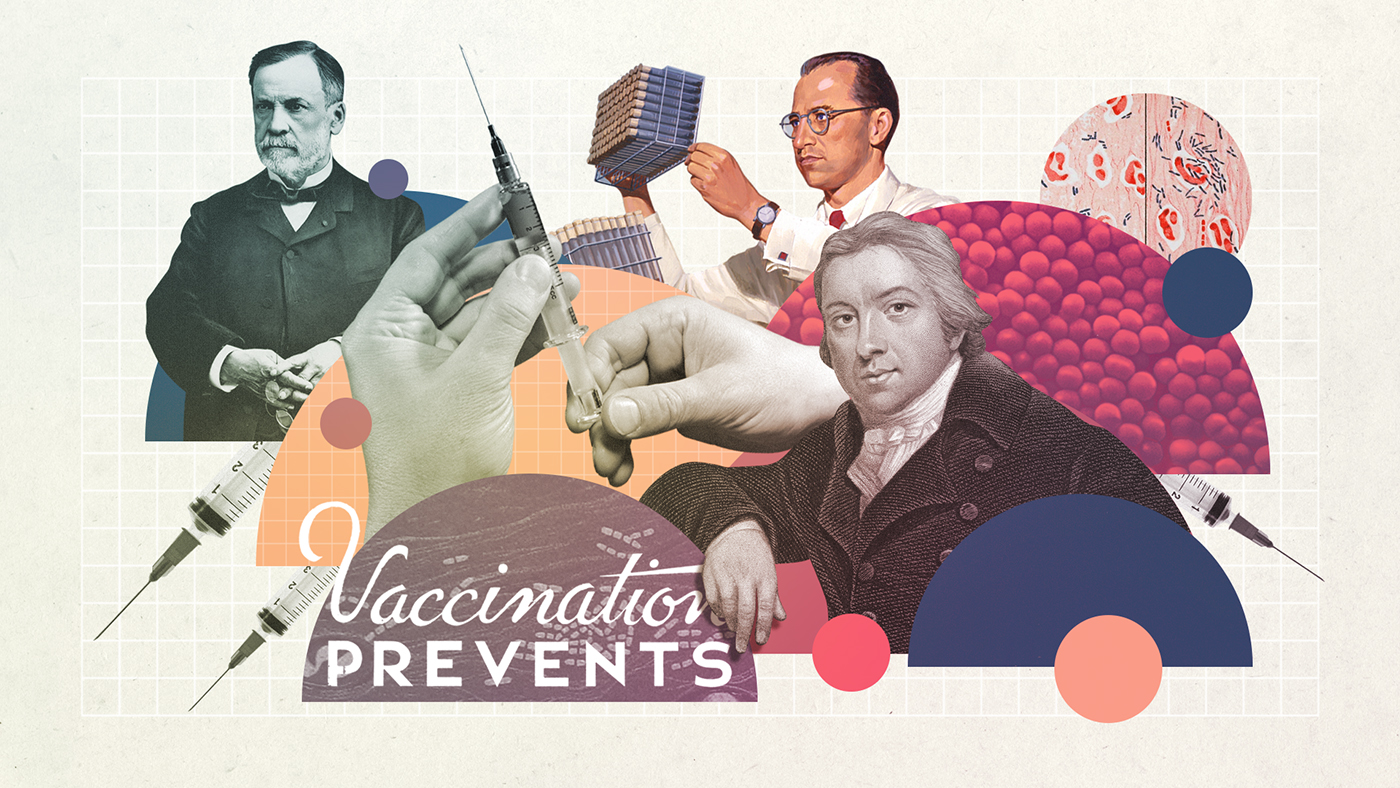 Vaccination explained in 60 seconds: ideas that changed the world
Vaccination explained in 60 seconds: ideas that changed the worldIn Depth How a medical breakthrough has saved countless millions of lives
-
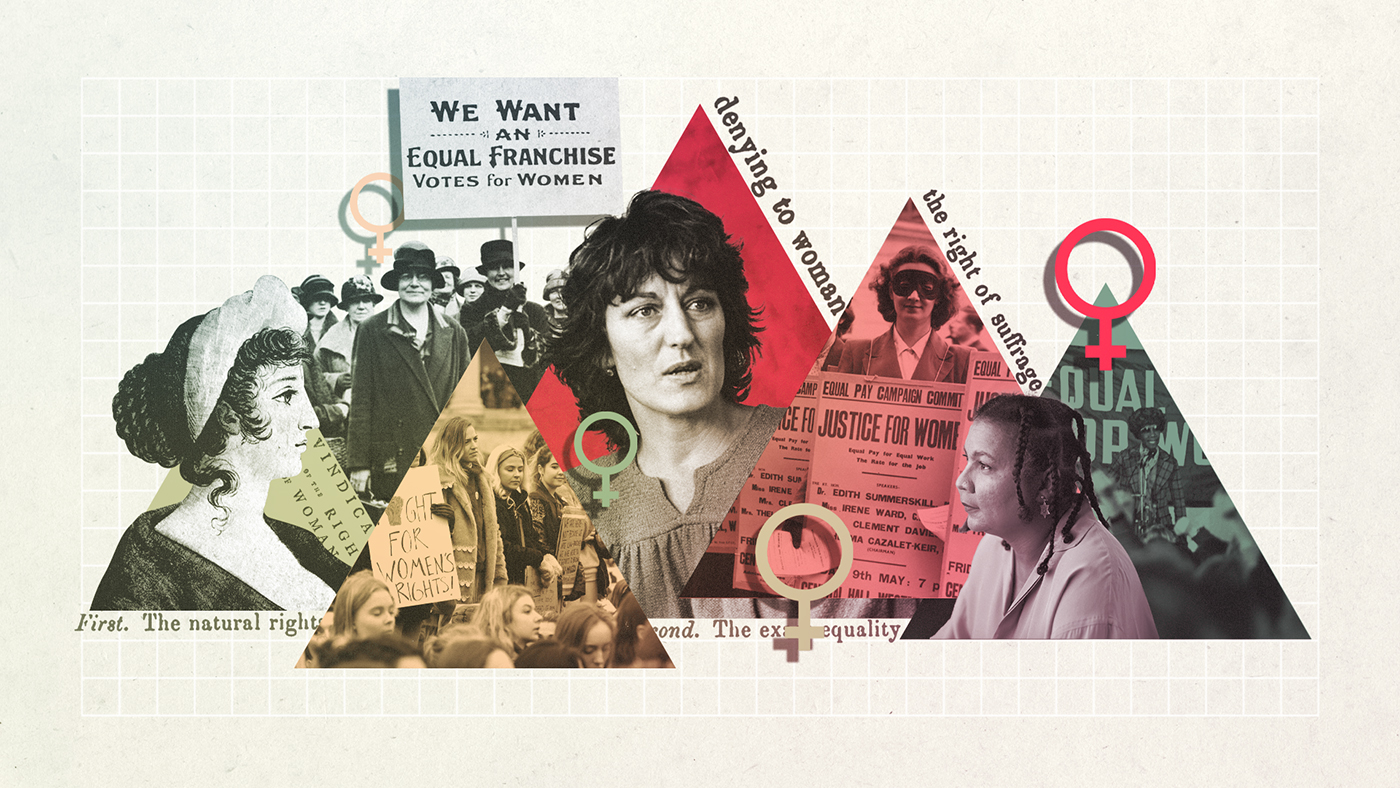 Feminism explained in 60 seconds: ideas that changed the world
Feminism explained in 60 seconds: ideas that changed the worldIn Depth How women fought for social and political liberation